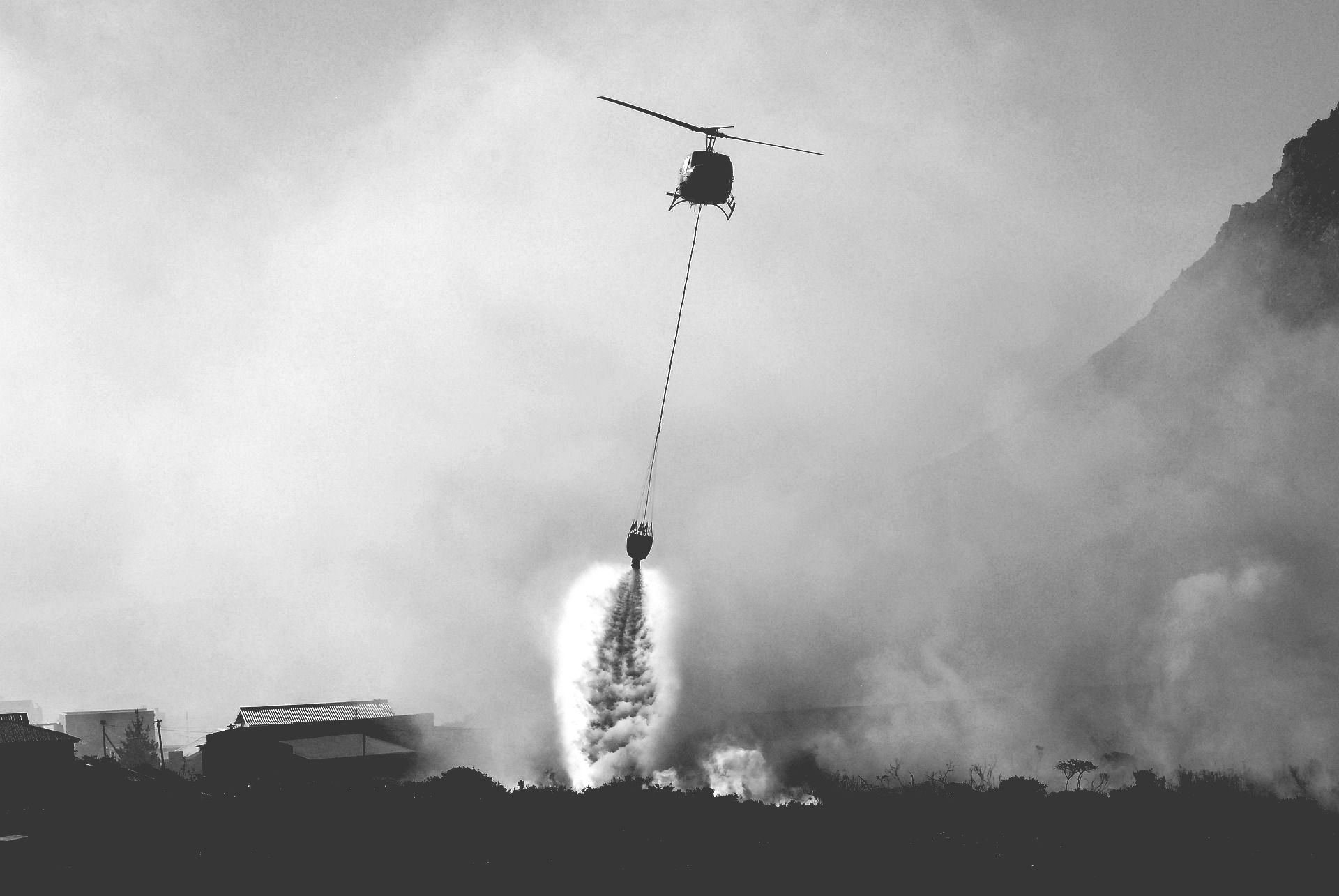Your Legal Rights After a Wildfire: What You Need to Know
A wildfire can turn your life upside down in an instant. In the aftermath of such a devastating event, it's easy to feel overwhelmed and unsure of where to turn. Knowing your legal rights is a crucial first step toward recovery and rebuilding. While the specifics of each situation may differ, there are some fundamental legal principles that apply to wildfire victims in California.
1. Your Right to Compensation for Property Damage
If your home or property was damaged or destroyed in a wildfire, you may be entitled to compensation from several potential sources:
- Your Homeowners Insurance: Your insurance policy is a contract, and your insurance company has a legal obligation to honor its terms. This can include coverage for:
- Dwelling: The cost to repair or rebuild your home.
- Other Structures: Damage to detached garages, sheds, fences, etc.
- Personal Property: Loss or damage to your belongings, such as furniture, clothing, electronics, and appliances.
- Loss of Use/Additional Living Expenses (ALE): Costs associated with temporary housing, meals, and other essential expenses if you are displaced from your home.
- Potentially Liable Third Parties:
- Utility Companies: In California, utility companies can be held strictly liable under the principle of "inverse condemnation" if their equipment is a substantial cause of a wildfire (as is being investigated with SCE in the Palisades Fire).
- Government Entities: If a government entity's negligence contributed to the fire's spread (such as the alleged LADWP hydrant failures during the Palisades Fire), they may also be held liable.
- Negligent Individuals or Businesses: If the fire was started by a private individual's or business's negligence (e.g., arson, improperly maintained equipment), they could be held responsible for the resulting damages.
2. Your Right to a Fair Insurance Claims Process
Insurance companies have a legal duty to act in good faith when handling your claim. This means they must:
- Investigate Promptly: Conduct a thorough and timely investigation of your claim.
- Communicate Honestly: Keep you informed about the status of your claim and respond to your inquiries in a timely manner.
- Pay Fairly: Offer a settlement that accurately reflects your covered losses and is consistent with the terms of your policy.
- Insurance Bad Faith: If your insurer unreasonably denies your claim, delays payment, offers an unfairly low settlement, or otherwise acts in bad faith, you may have grounds for a separate legal action against them.
3. Your Right to Compensation for Personal Injuries
Wildfires can cause a range of physical injuries, including:
- Smoke Inhalation: Respiratory problems, lung damage, and other health complications.
- Burns: Severe burns requiring extensive medical treatment and potentially causing long-term disability.
- Other Injuries: Injuries sustained during evacuation or as a result of the fire's spread.
If you or a loved one suffered a personal injury due to someone else's negligence in connection with a wildfire, you may be entitled to compensation for:
- Medical Expenses: Past and future medical bills related to your injuries.
- Lost Wages: Income lost due to your inability to work.
- Pain and Suffering: Compensation for physical pain, emotional distress, and mental anguish.
- Loss of Consortium: Compensation to your spouse for the loss of companionship and support.
4. Your Right to Compensation for Lost Income or Business Interruption
If a wildfire forced you to miss work or resulted in the closure of your business, you may have legal recourse:
- Lost Wages: If your employer wrongfully terminated you, failed to pay you, or denied you reasonable accommodations after a wildfire, you may be able to recover lost wages under California employment law.
- Business Interruption Insurance: If you have business interruption coverage as part of your commercial insurance policy, you may be able to recover lost profits and other expenses incurred due to the wildfire's impact on your business.
5. Your Right to Legal Representation
Navigating the legal complexities after a wildfire can be daunting. An experienced attorney can be your advocate and guide, helping you to:
- Understand Your Rights: Provide clear explanations of your legal options and the applicable laws.
- Gather Evidence: Collect and preserve the necessary evidence to support your claims.
- Negotiate with Insurance Companies: Engage in strategic negotiations to secure a fair settlement.
- File Lawsuits: Take legal action against responsible parties, whether it be insurance companies, utility companies, government entities, or negligent individuals.
- Represent You in Court: Provide skilled representation in court if litigation becomes necessary.
Bradley/Grombacher LLP: Dedicated to Helping Wildfire Victims
At Bradley/Grombacher LLP, we understand the impact wildfires have on individuals, families, and communities. With over 50 years of combined experience in personal injury, employment law, and consumer law, we have the knowledge and skills to effectively advocate for your rights and secure the compensation you deserve.
We're committed to:
- Holding negligent parties accountable.
- Maximizing your financial recovery.
- Providing compassionate and personalized legal representation.
Take the First Step: Contact Us for a Free Consultation
If you've been affected by a California wildfire, including the recent Palisades Fire, don't hesitate to contact Bradley/Grombacher LLP for a free, confidential consultation. We'll listen to your story, answer your questions, and provide an honest assessment of your legal options.
Call us at (866) 881-0403 or fill out our online contact form.
Let us help you navigate the path toward recovery and justice.


Quick Links
All Rights Reserved



